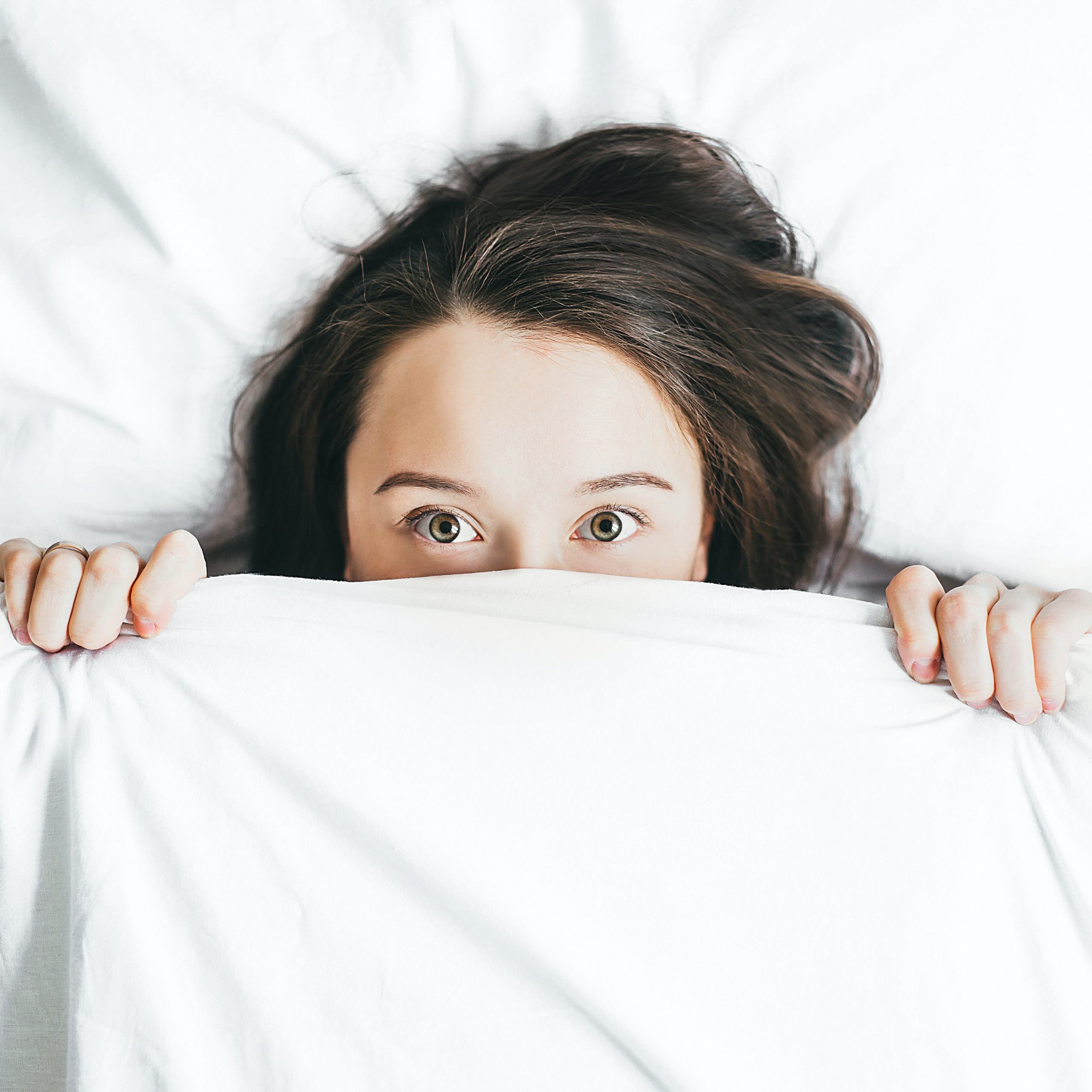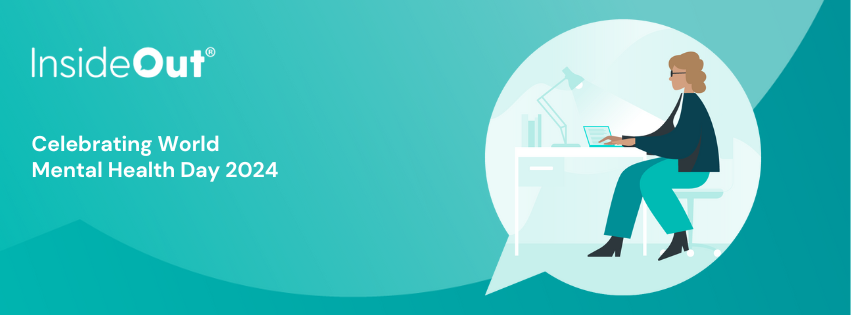It’s perfectly normal to experience some sleep problems at times in our life. It may be caused by restlessness, worry or bad nightmares that wake us up in a fright. These phases usually pass in time without having too much of an impact on our overall wellbeing and sense of emotional and mental balance.
However, if one experiences sleep problems that last weeks, months or years, this can start to have an impact on day-to-day life. Poor sleep can affect your energy levels, moods and concentration, as well as also having an impact on relationships and social life.
The most common sleep problems are:
Insomnia, when you have difficulty falling asleep or getting back to sleep if you wake up in the middle of the night. You might wake up very early in the morning even if you don’t have to, you might feel constantly tired as a result of disturbed or light sleep.
Oversleeping, when you sleep more than your body needs to. This might have less impact on your daily life than insomnia, but could be linked to poor mental health and is linked to physical problems such as heart disease and diabetes.
Nightmares are intense, frightening dreams that can cause you to wake up. You might be left feeling scared and anxious and have trouble getting back to sleep. Nightmares can be about recurring themes and are often related to life experience. You can find it hard to wake up from some nightmares and notice an increase in heart rate and sweating. You may also scream, shout or cry in your sleep. Nightmares can affect the quality of your sleep and cause anxiety about falling asleep, which could lead to insomnia.
Sleep paralysis, happens when you wake up in the night and can’t move or speak because there are still sleep hormones in your body. It can last between a few seconds and a few minutes. Although it can’t harm you, this can be a very scary experience and may also lead to anxiety around sleep.
Sleepwalking happens when you move or walk during the night. You may also speak and do some activities such as cleaning, eating or washing up. Sleepwalking isn’t dangerous unless you injure yourself by tripping or banging into things. Waking up abruptly from sleep walking can also feel a bit like a shock. Sleepwalking can disrupt your sleep and impact how rested you feel in the morning.
If you’re experiencing one or more of the above problems for an extended period of time, it’s advisable to put in place strategies to cope better with handling your specific sleep problem and if necessary seek professional help.
Author: Sarah Speziali, Chief Therapist at InsideOut
—–
References: Mind






